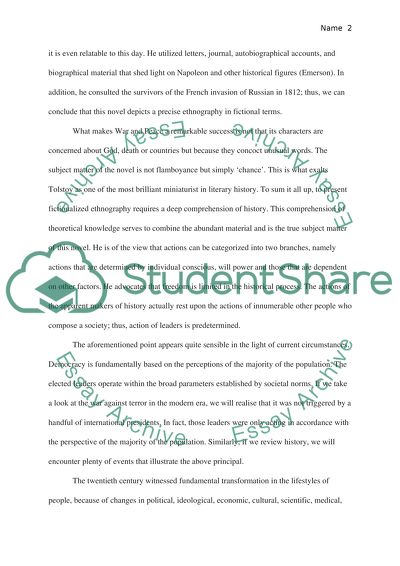Cite this document
(“Relationship Between the Realist Historical Novel as a form War and Research Paper”, n.d.)
Retrieved from https://studentshare.org/literature/1450479-what-is-the-relationship-between-the-realist
Retrieved from https://studentshare.org/literature/1450479-what-is-the-relationship-between-the-realist
(Relationship Between the Realist Historical Novel As a Form War and Research Paper)
https://studentshare.org/literature/1450479-what-is-the-relationship-between-the-realist.
https://studentshare.org/literature/1450479-what-is-the-relationship-between-the-realist.
“Relationship Between the Realist Historical Novel As a Form War and Research Paper”, n.d. https://studentshare.org/literature/1450479-what-is-the-relationship-between-the-realist.


